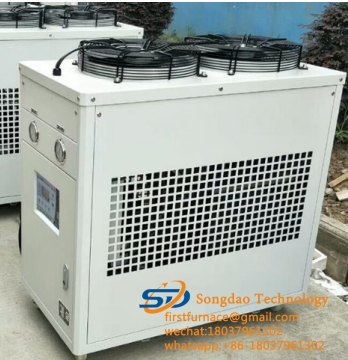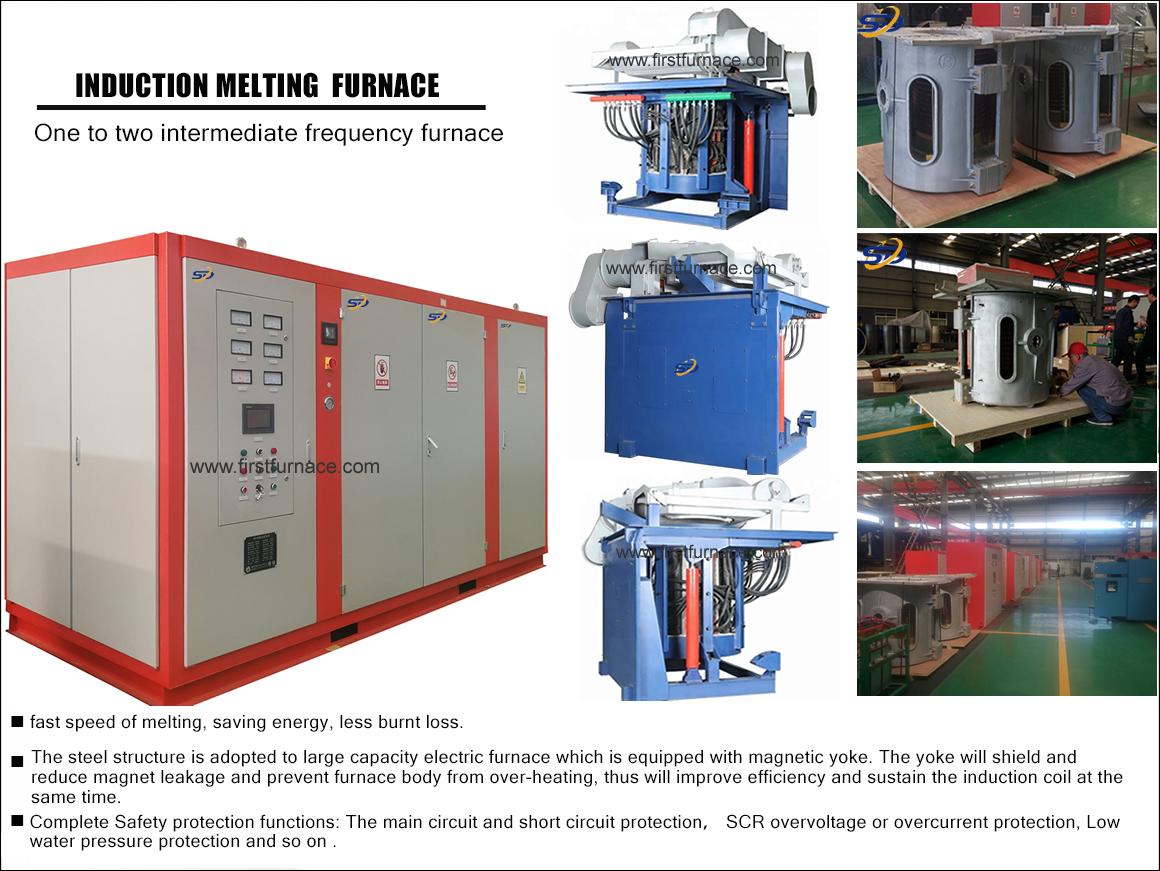Sales hot line ( 24 hours service):+86 13015583380
E-Mail: firstfurnace@gmail.com
whatsapp:+86 13015583380
Adress: Luoxin Industrial Park, Luoyang, HenanLarge diameter steel pipe quen
Piston rod quenching and tempe
Grinding rod quenching and tem
High frequency induction heate
Quenching equipment for machin
Round steel end heating furnac
Steel pipe heat treatment prod
Square steel quenching and tem
Sucker rod quenching and tempe
Thickened petroleum steel pipe
Round steel quenching and temp
Steel pipe quenching and tempe
Steel plate quenching and temp
Induction Hardening Machine&nb
Flywheel ring gear high freque
Please note! These four refrigerants are combustible and explosive!
1. R32 refrigerant
R32, also known as difluoromethane and carbon difluoride, is colorless and odorless, and has a safety level of A2. R32 is a Freon substitute with excellent thermodynamic properties. It has the characteristics of low boiling point, low vapor pressure and pressure, large refrigeration coefficient, zero ozone loss value, small greenhouse effect coefficient, combustible and explosive. The combustion limit in the air is 15%~31%, and it will burn and explode in case of an open flame.
R32 has a low viscosity coefficient and a high thermal conductivity. Although R32 has many advantages, R32 is a flammable and explosive refrigerant. The installation and maintenance of air-conditioning is inherently dangerous. Now coupled with the uncertain factors of R32, safety issues have to be considered. The installation and welding of R32 refrigeration equipment must be evacuated.
2. R290 refrigerant
R290 (propane) is a new type of environmentally friendly refrigerant, mainly used in central air conditioners, heat pump air conditioners, household air conditioners and other small refrigeration equipment. As a hydrocarbon refrigerant, R290 has an ODP value of 0 and a GWP value of less than 20. Compared with common refrigerants, R290 has obvious environmental advantages, as shown below:
2.1 The destruction of the ozone layer by R22 refrigerant is 0.055, and the global warming coefficient is 1700;
2.2 The destruction of the ozone layer by R404a refrigerant is 0, and the global warming coefficient is 4540;
2.3 The destruction of the ozone layer by R410A refrigerant is 0, and the global warming coefficient is 2340;
2.4 The destruction of the ozone layer by R134a refrigerant is 0, and the global warming coefficient is 1600;
2.5 The destruction of the ozone layer by R290 refrigerant is 0, and the global warming coefficient is 3,
In addition, R290 refrigerant has the characteristics of greater latent heat of evaporation, good fluidity, and energy saving. However, due to its flammable and explosive characteristics, the amount of infusion is limited, and the safety level is A3. Vacuum is required when using R290 refrigerant grade and open flames are prohibited, because air (oxygen) mixing can form explosive mixtures, and there is a danger of burning and explosion when encountering heat sources and open flames.
3. R600a refrigerant
R600a isobutane is a new type of hydrocarbon refrigerant with excellent performance, which is derived from natural ingredients, does not damage the ozone layer, has no greenhouse effect, and is environmentally friendly. Its characteristics are large latent heat of evaporation and strong cooling capacity; good flow performance, low conveying pressure, low power consumption, and slow rise of load temperature. Compatible with various compressor lubricants. It is a colorless gas at normal temperature and a colorless and transparent liquid under its own pressure. R600a is mainly used to replace R12 refrigerant, and is now mostly used in household refrigerator equipment.
The explosion limit volume of R600a refrigerant is 1.9% to 8.4%, and the safety level is A3. It can form an explosive mixture when mixed with air. It may burn and explode when exposed to heat sources and open flames. It reacts violently with oxidants. Its vapor is heavier than air. The lower part spreads to a considerable distance, and will ignite when encountering a fire source.
4. R717 (ammonia) refrigerant
4.1 Finally, let’s talk about R717 (ammonia) refrigerant. Ammonia is more dangerous than the above three types of refrigerators. It belongs to a toxic medium and has a level of toxicity.
4.2 When the volumetric concentration of ammonia vapor in the air reaches 0.5 to 0.6%, people can be poisoned by staying in it for half an hour. The nature of ammonia determines that the operation and maintenance of the ammonia system must be regulated, and the refrigerating personnel should pay attention to it when using it.
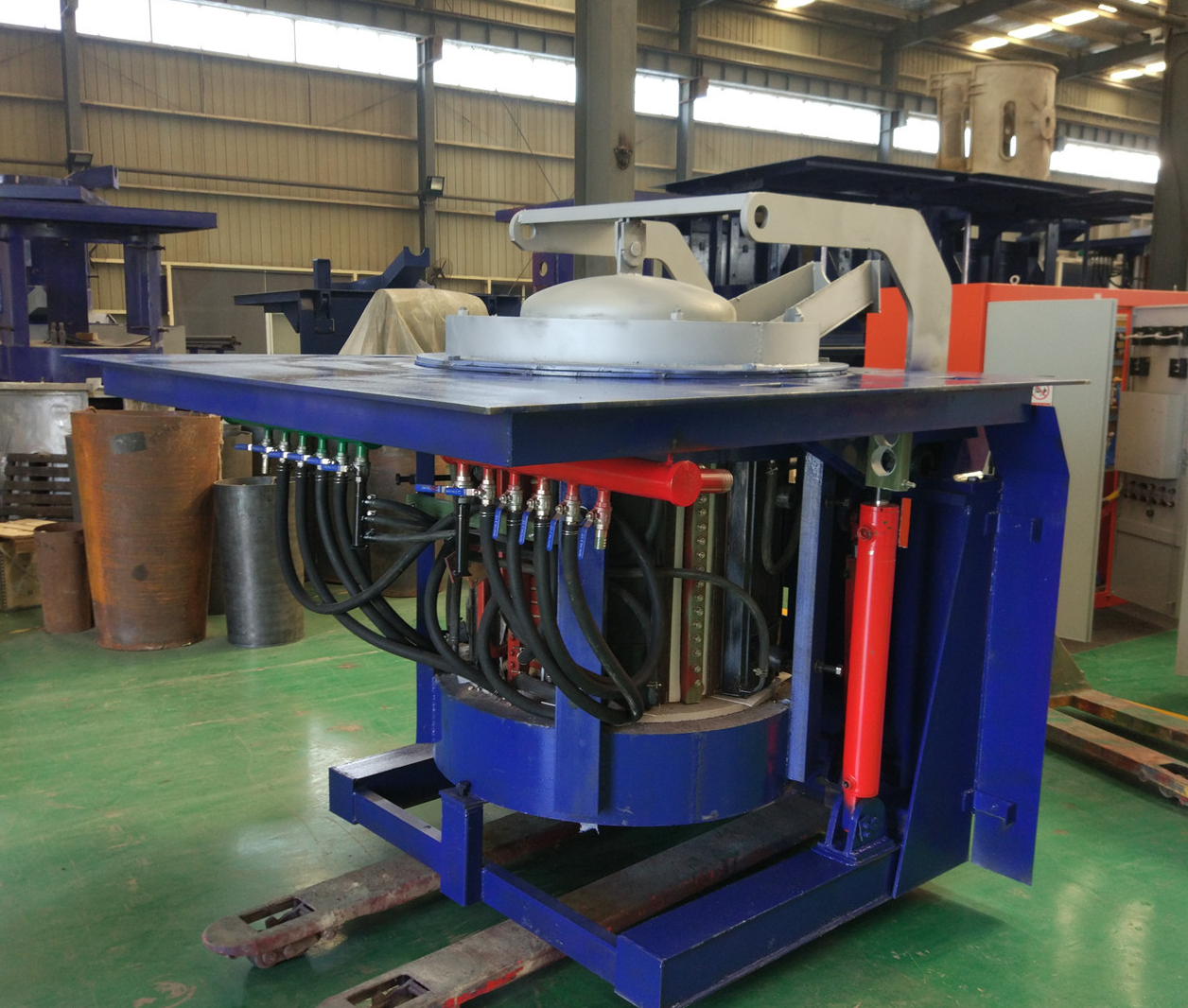
Iron induction furnace
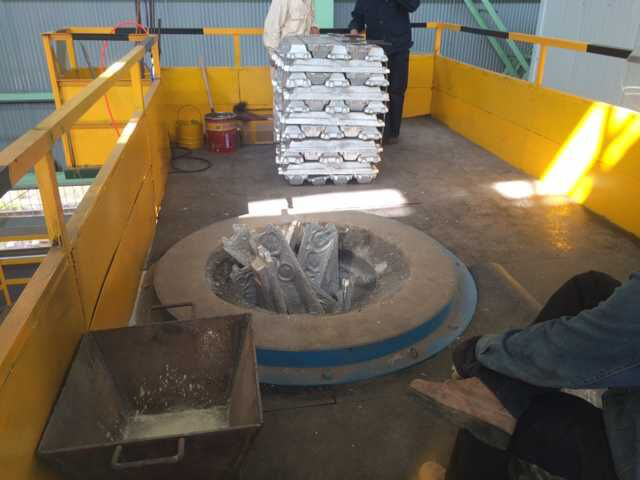
Aluminum melting furnace
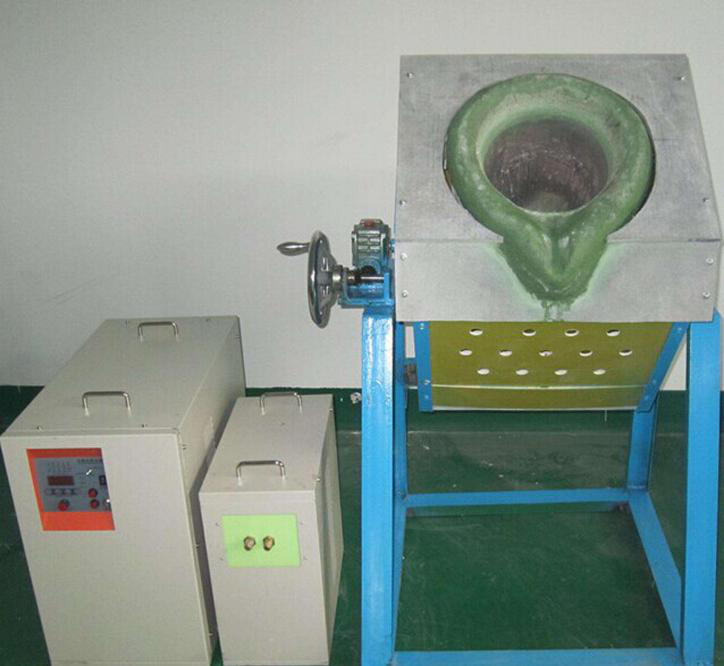
Copper melting furnace
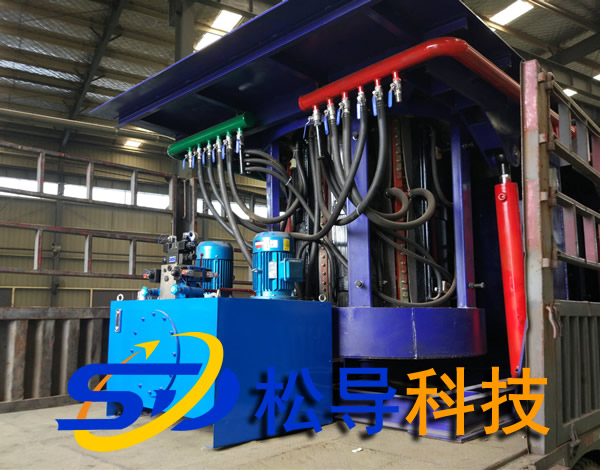
Small steel melting furnace
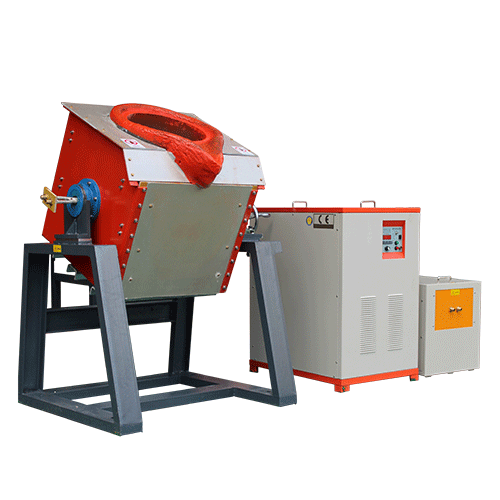
Small induction melting furnace
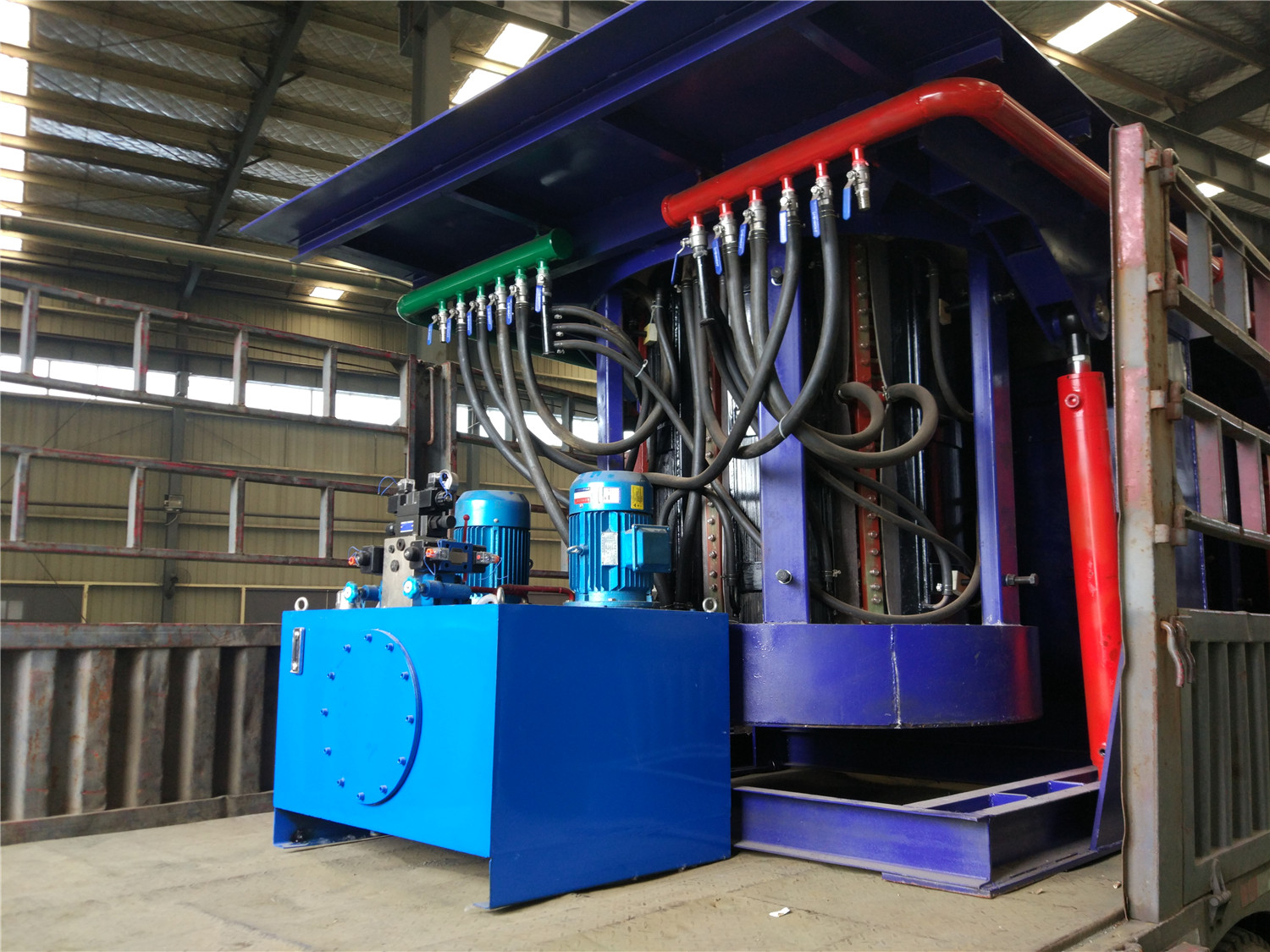
Induction iron furnace
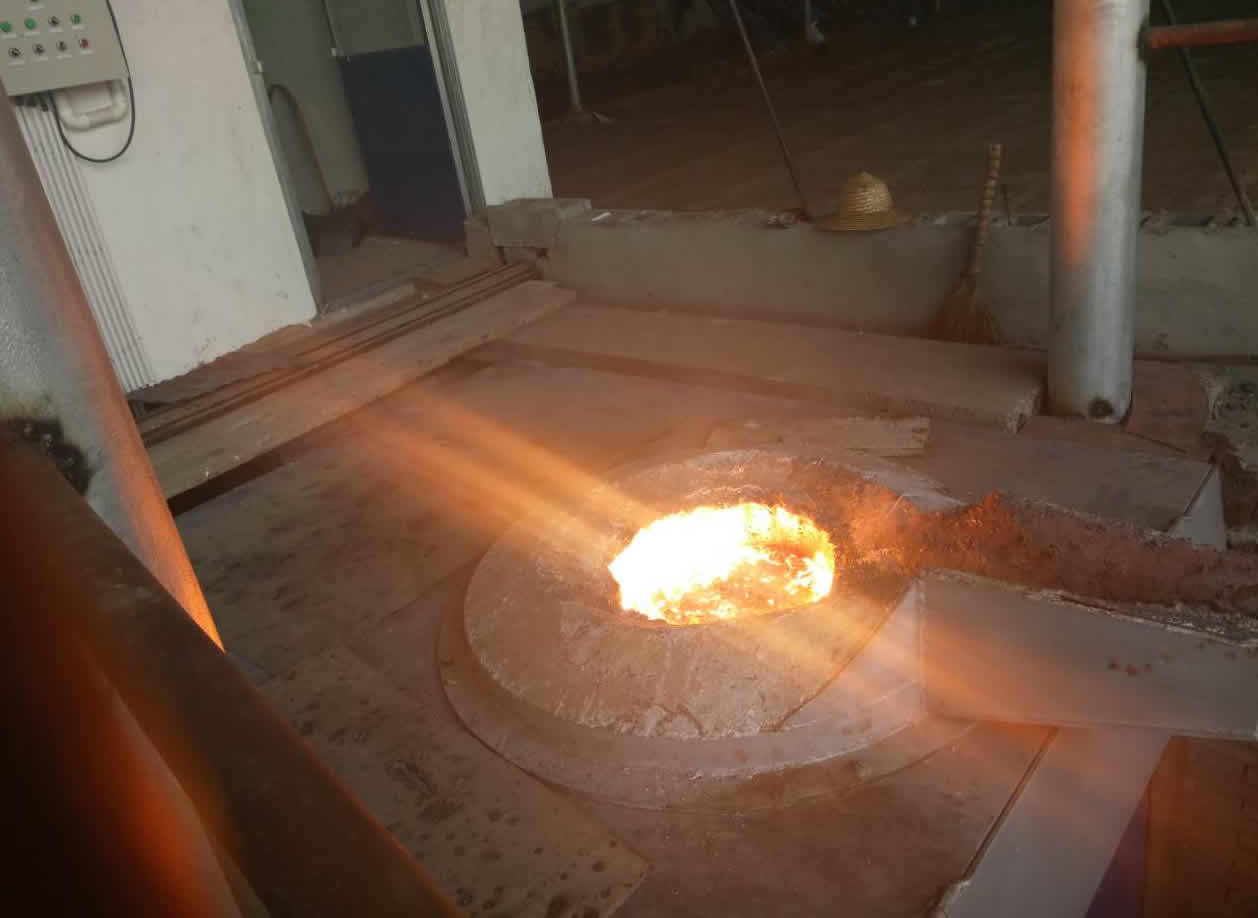
3T intermediate frequency iron melting f

0.25T Intermediate Frequency Furnace
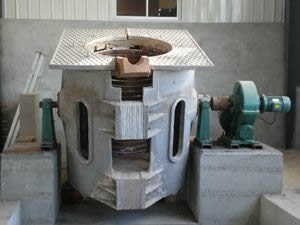
0.5T Intermediate Frequency Furnace
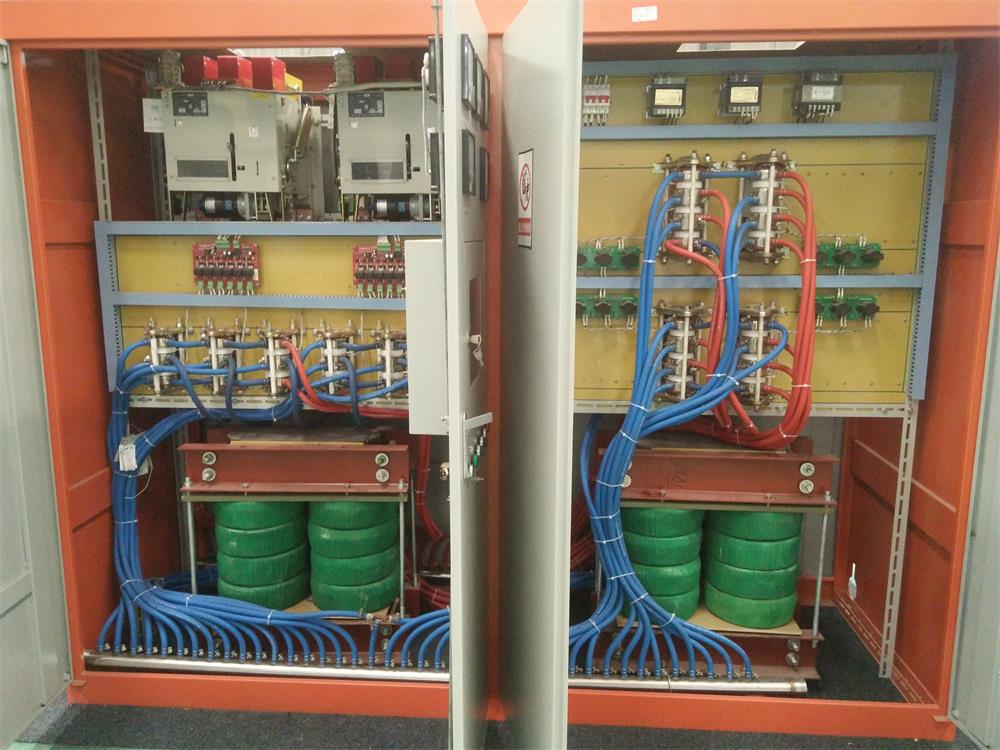
Medium Frequency Furnace

2T Induction Melting Furnace
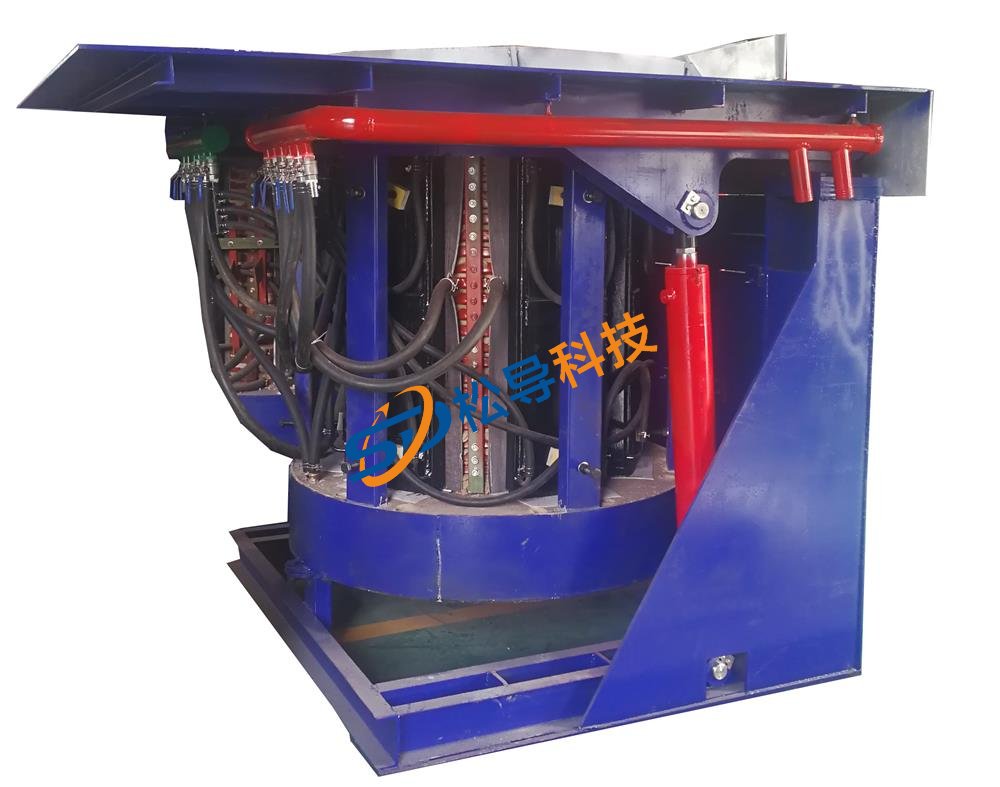
1T Induction Melting Furnace
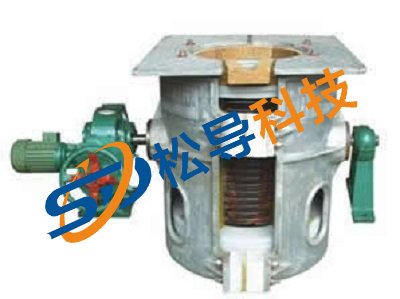
500kg Induction Melting Furnace
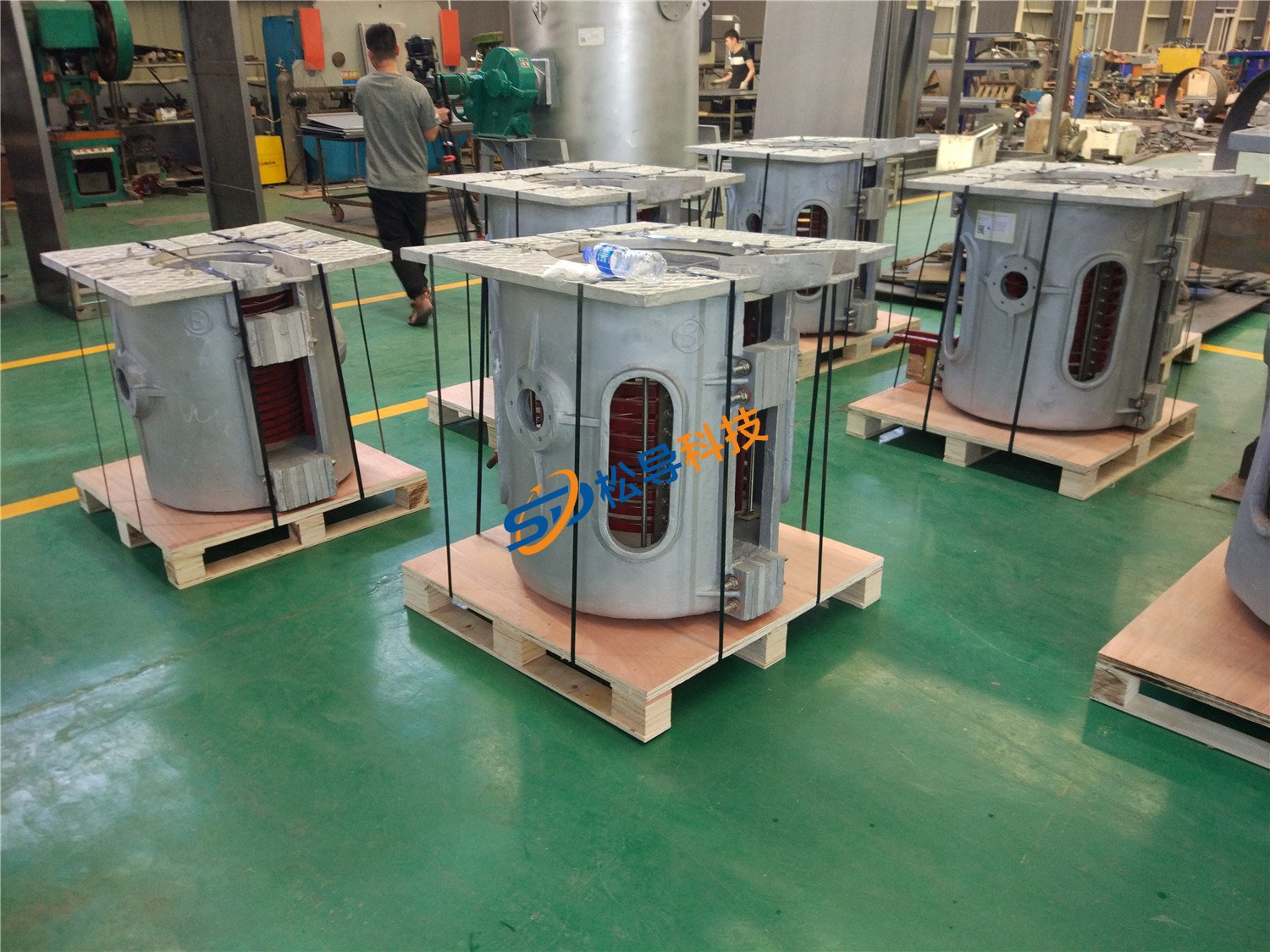
250kg Induction Melting Furnace
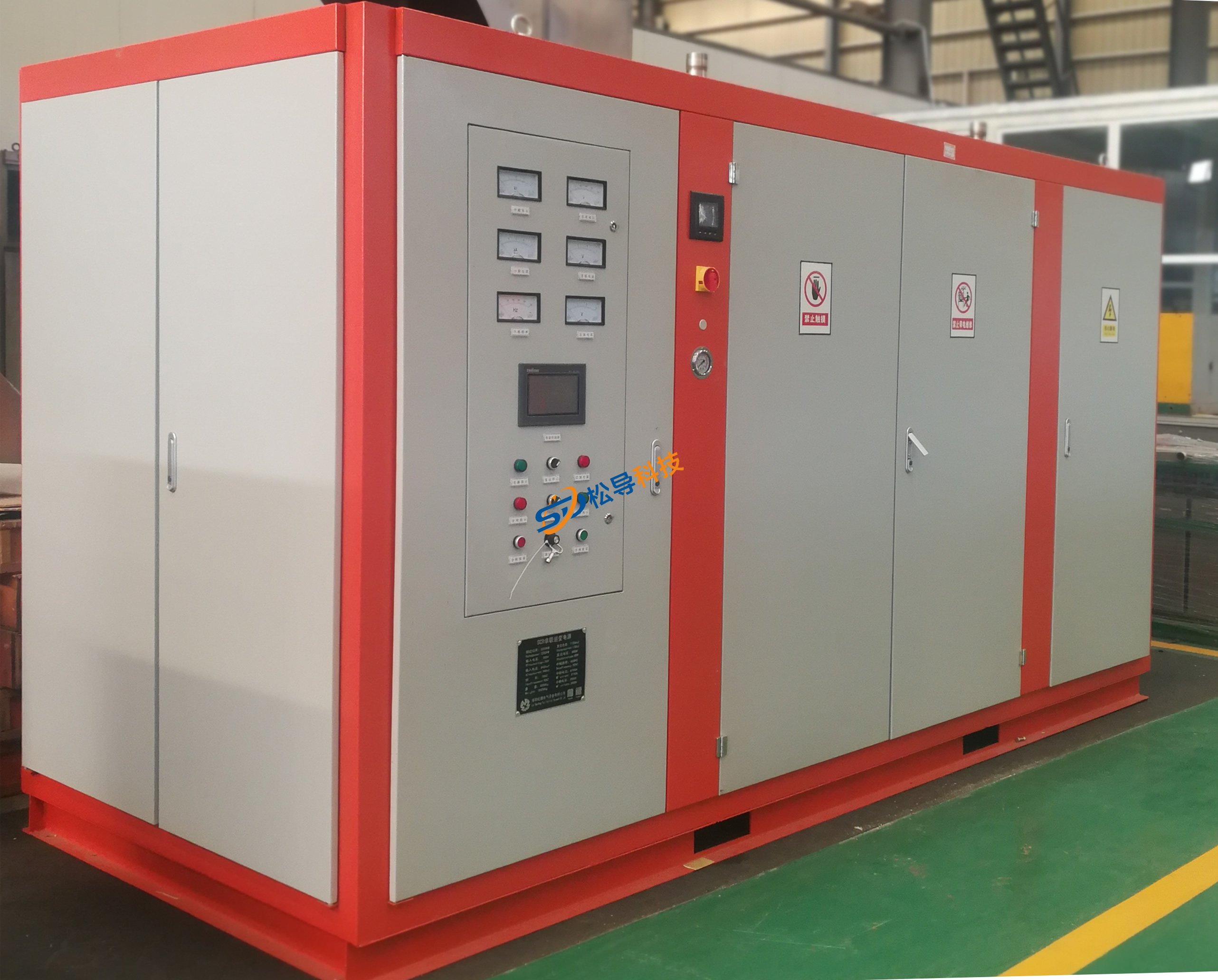
Induction Melting Furnace
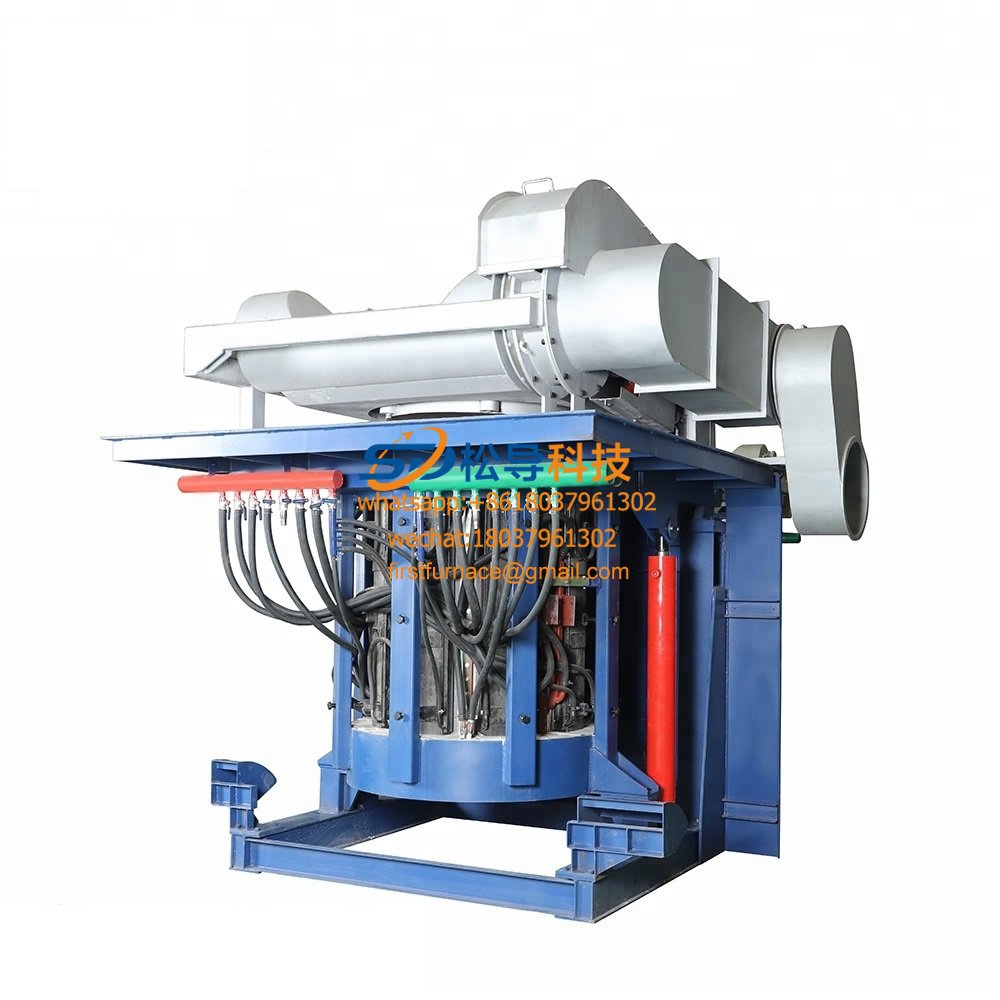
3 T Induction Melting Furnace
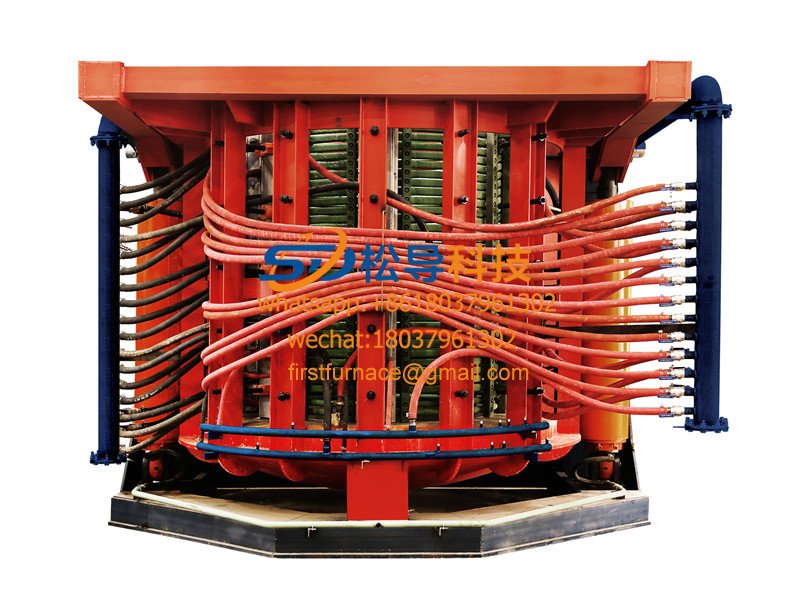
5T Induction Melting Furnace

1T One Belt Two Intermediate Frequency F

5T One Belt Two Intermediate Frequency F
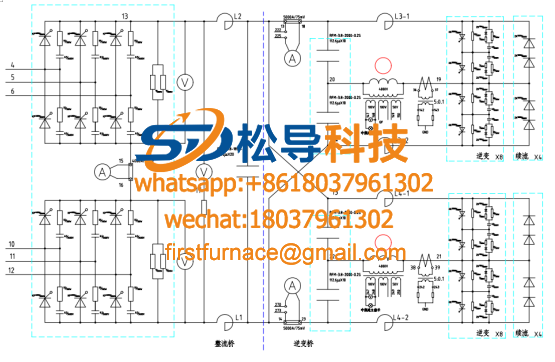
3T One Belt Two Intermediate Frequency F

2T One Belt Two Intermediate Frequency F
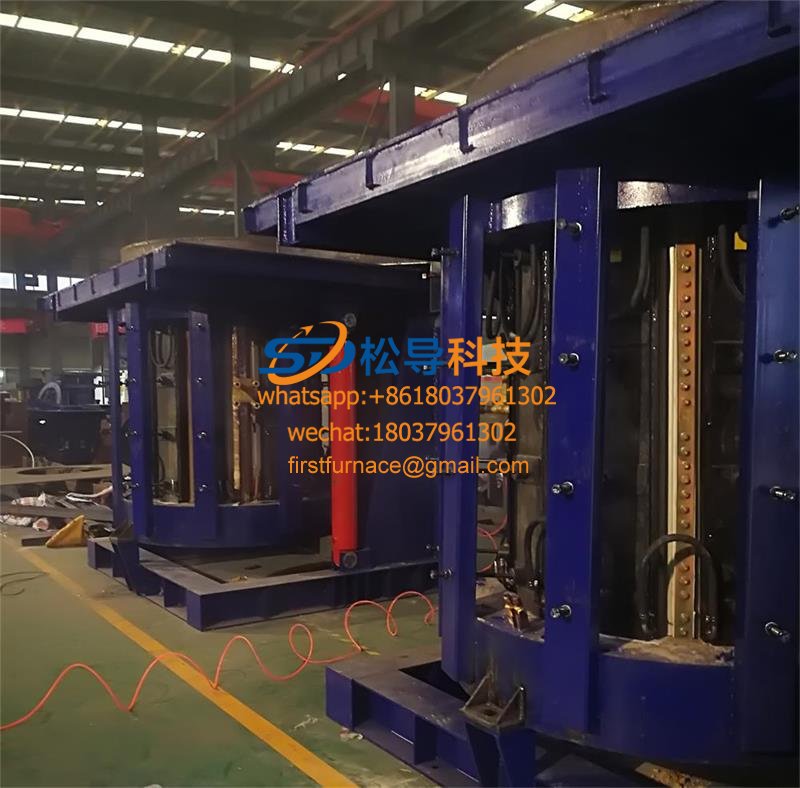
5T Parallel Intermediate Frequency Furna
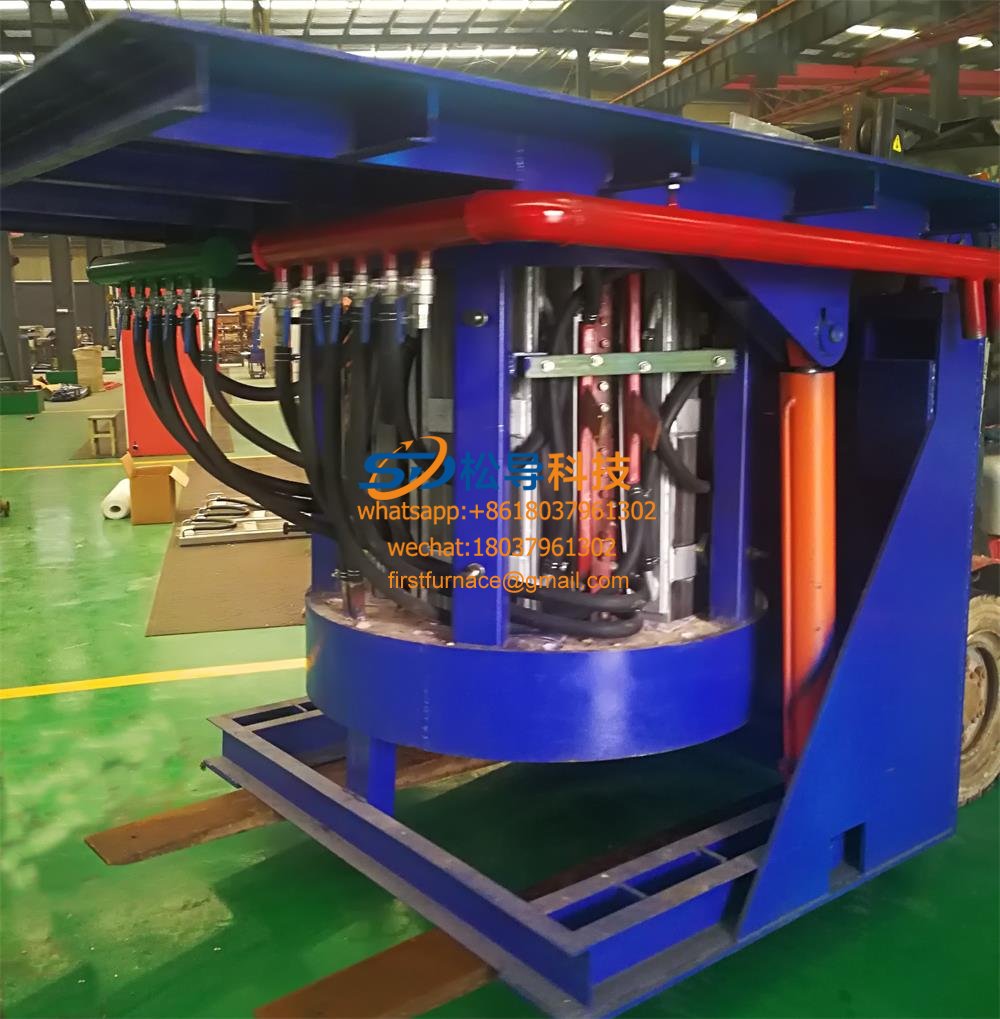
5T Intermediate Frequency Furnace

5T Series Intermediate Frequency Furnace
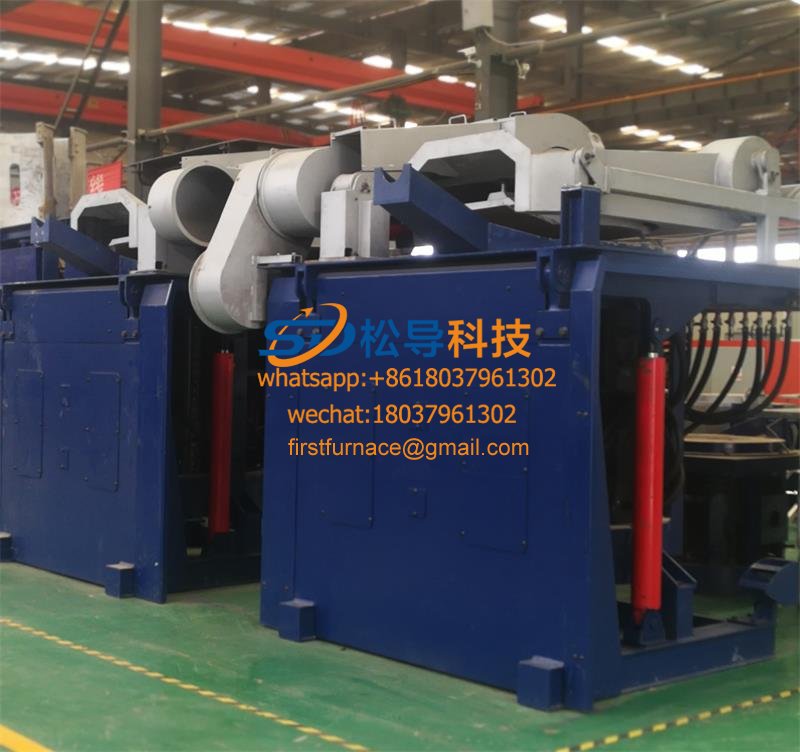
3T Series Intermediate Frequency Furnace
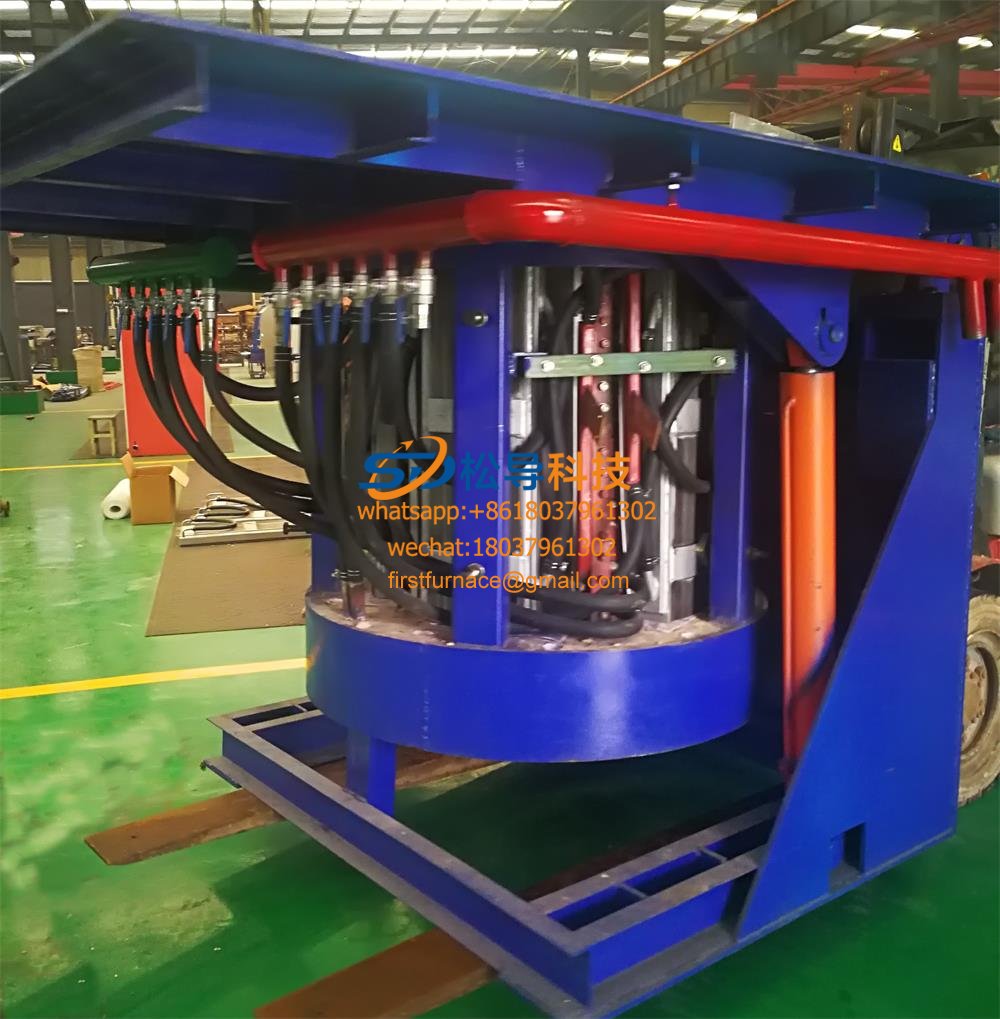
2T Series Intermediate Frequency Furnace
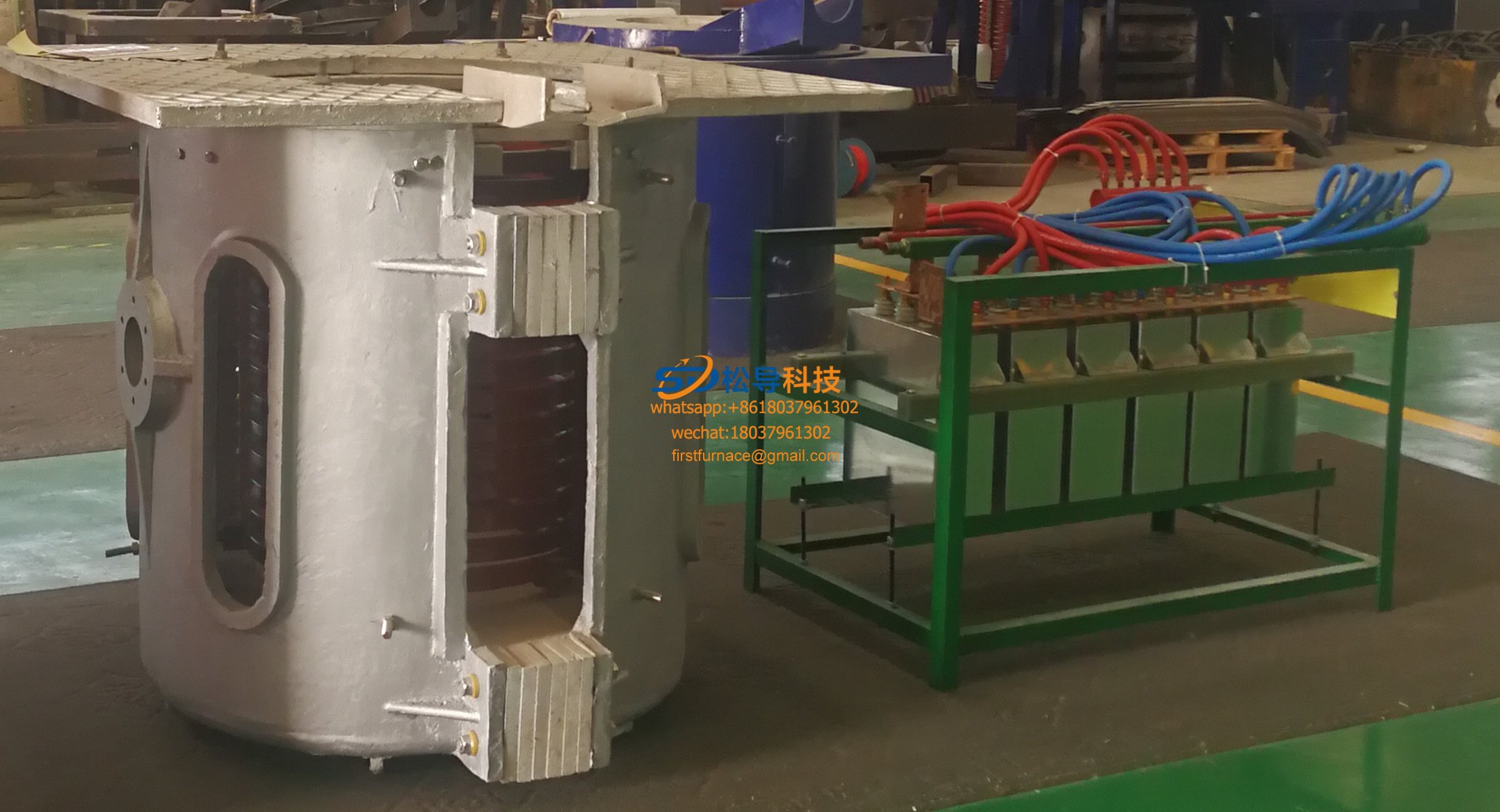
1T Series Intermediate Frequency Furnace
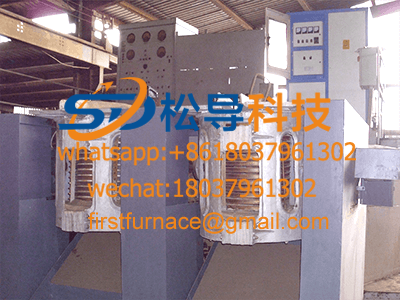
0.5T Series Intermediate Frequency Furna

0.25T Series Intermediate Frequency Furn
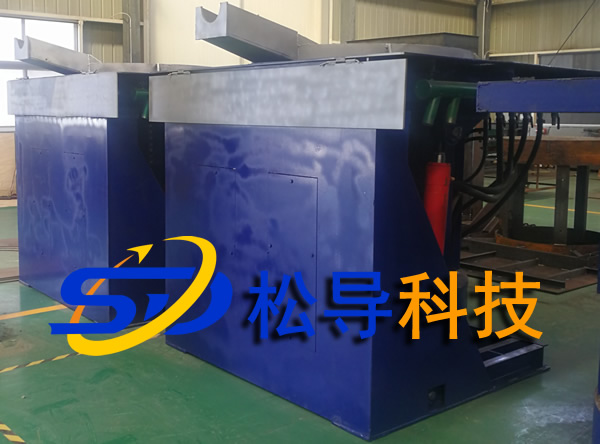
1T Parallel Intermediate Frequency Furna
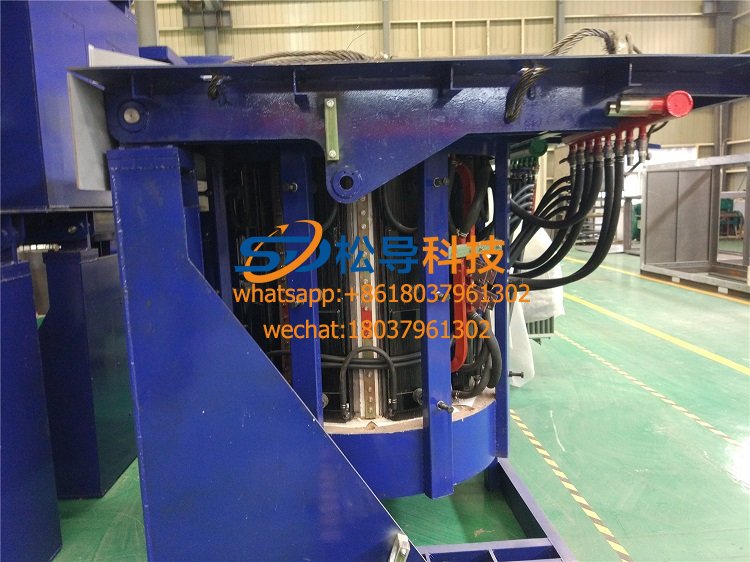
2T Parallel Intermediate Frequency Furna
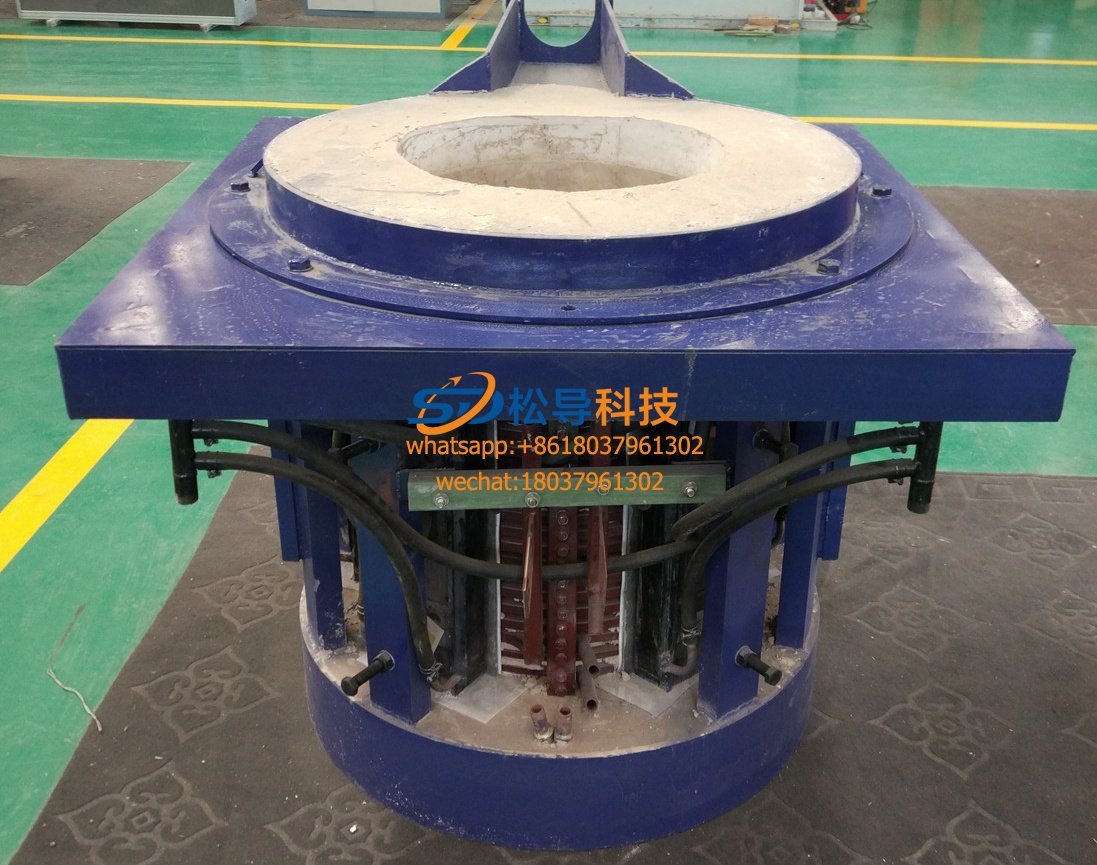
0.5T Parallel Intermediate Frequency Fur






